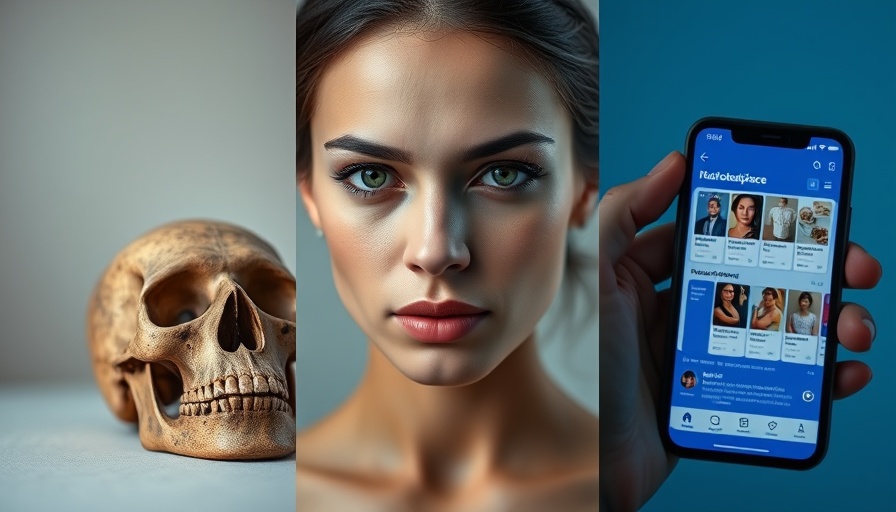
Florida Woman Arrested for Trading in Human Bones
In a bizarre case out of Florida, Kymberlee Anne Schopper, a 52-year-old resident of Deltona, was arrested for buying and selling human bones through her business, Wicked Wonderland. According to the Orange City Police Department, Schopper knowingly engaged in trading human tissue, and her illegal activities finally caught up with her after an investigation began when a local tip-off alerted authorities.
Social Impact and Legal Implications
The nature of Schopper's business raises significant ethical and legal concerns surrounding the sale of human remains. Police discovered that the shop was advertising disturbing items for sale on Facebook Marketplace, including two human skulls for $90 and a partial skull for a staggering $600, indicative of a disturbing market trend. Authorities not only seized these items but also noted they would be evaluated by a medical examiner, emphasizing the seriousness of the case.
Misinformation and Misunderstanding of Laws
Interestingly, Schopper’s business partner claimed ignorance of the legality of selling human bones in Florida. She argued that the bones were “educational models,” a statement that directly reflects common misconceptions about the sale of human remains. While certain educational replicas can be sold legally, genuine human remains are tightly regulated, prompting a need for clearer education on these laws.
The Dark Side of Online Marketplaces
The incident sheds light on the darker aspects of online marketplaces such as Facebook. While these platforms provide a space for unique commerce, they also create opportunities for illegal transactions, often evading regulation. According to recent analysis, the rise of online shopping has intersected with criminal activity, urging many to question the responsibility social platforms hold in monitoring such sales.
Expert Opinions: Archaeology vs. Criminal Activity
Experts revealed that some of the bones available for sale could be archaeological finds, some dating back over 500 years. This raises questions about how to differentiate between legitimate sales of historical significance and those that exploit human remains for profit. Understanding these distinctions is crucial in shaping public discourse on the topic.
Future Predictions: The Need for Stricter Regulations
As societal views around the treatment of human remains evolve, so too will the regulations governing their sale. Predictions suggest that more stringent laws will soon emerge in response to such incidents. There is a growing consensus that clearer guidelines will help prevent similar situations while also encouraging education about acceptable practices in the purchasing and selling of human remains.
Actionable Insights: What You Can Do
If you encounter suspicious sales or advertisements online, it’s crucial to report them to the relevant authorities. Being part of an informed community helps maintain ethical standards and promotes responsible commerce. Additionally, educative efforts around laws governing human remains could significantly reduce illegal sales.
In conclusion, the case of Kymberlee Schopper serves as a stark reminder of the potential perils associated with online sales and the important role of vigilant community members and law enforcement in taking action against illegal activities.
Stay informed and aware of local laws and practices regarding human remains. Knowledge is your best tool in helping guide responsible practices in our evolving digital marketplace.
 Add Element
Add Element  Add Row
Add Row 



 Add Row
Add Row  Add
Add 


Write A Comment